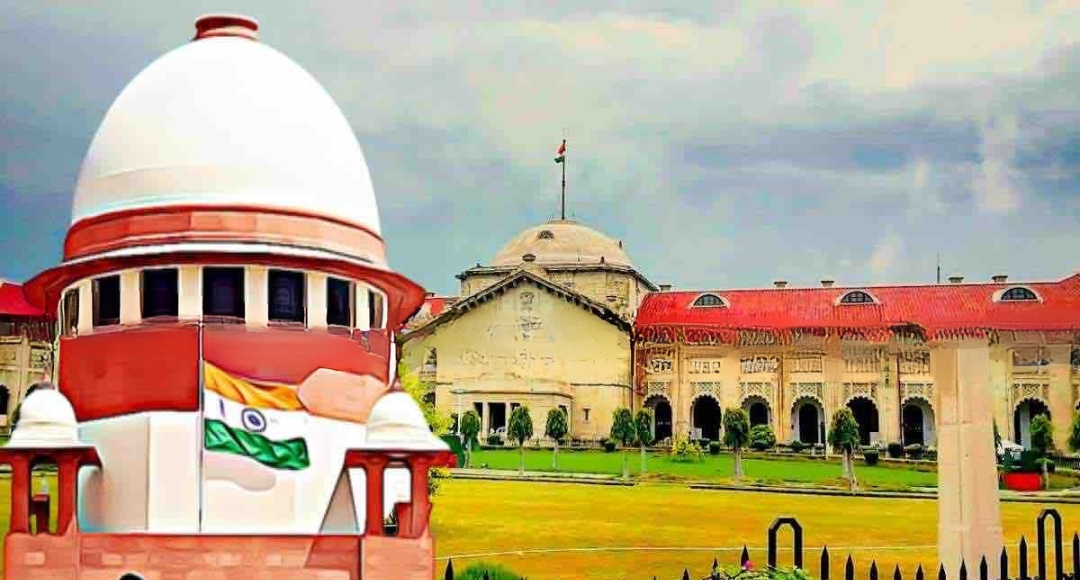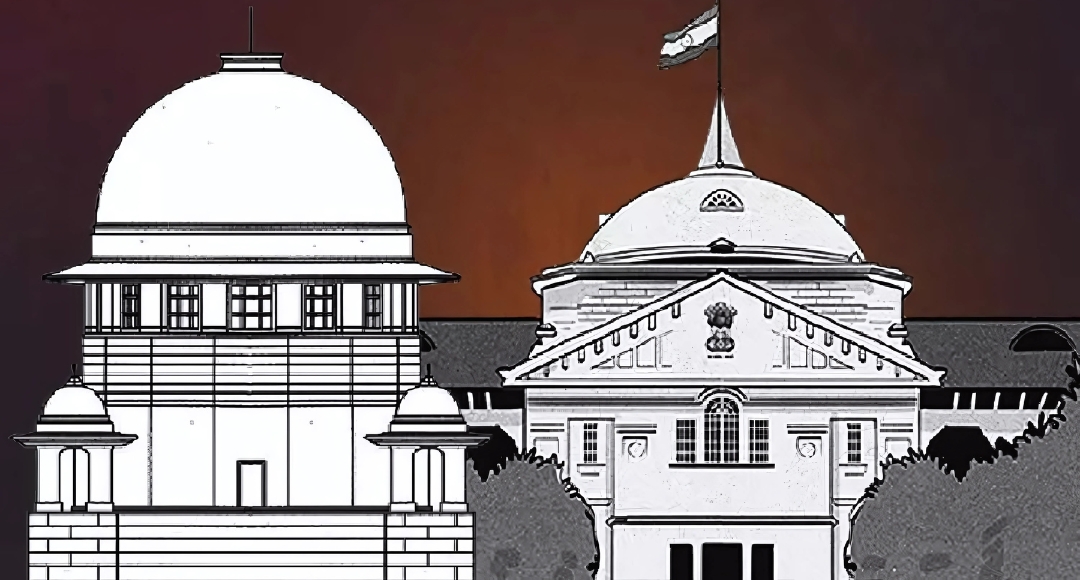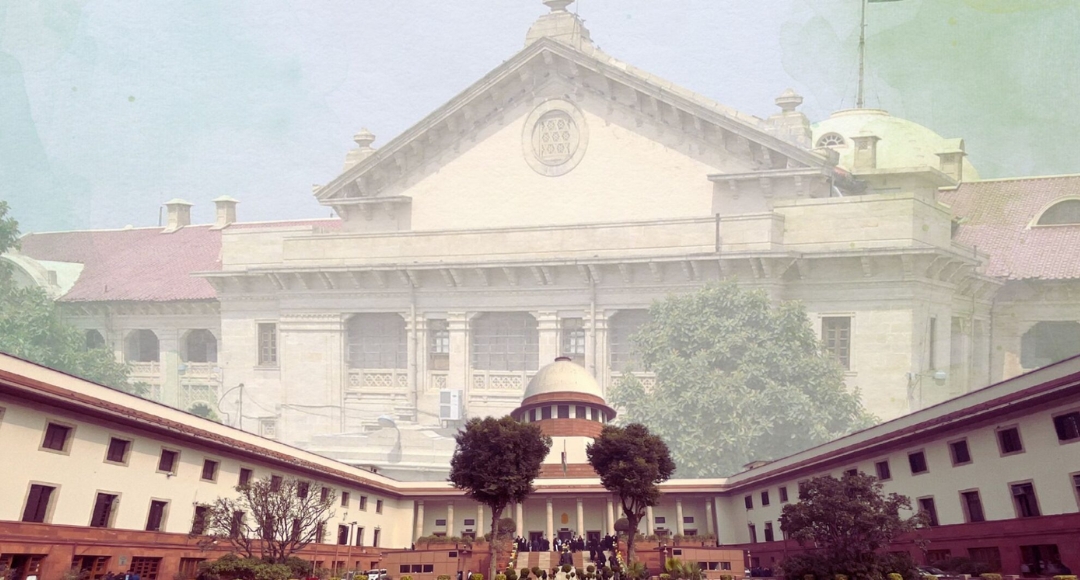The recent remarks made by the Allahabad High Court in a rape case have sparked intense discussions across the nation. On Tuesday, the Supreme Court expressed its disapproval of the High Court’s observation that the complainant “herself invited trouble” by going to the accused’s house after consuming alcohol.
A Disturbing Perspective on Victim Blaming
The Allahabad High Court, while granting bail to the accused in a rape case, suggested that the victim was partly responsible for the incident because she agreed to go to the accused’s house after drinking. Such remarks not only diminish the gravity of the crime but also risk perpetuating the harmful idea that victims somehow invite assault through their actions.

The Supreme Court, hearing the matter, questioned why such insensitive remarks were made during the bail proceedings. Justices B R Gavai and Augustine George Masih emphasized the need for courts to be cautious about their statements in cases as sensitive as rape, as these remarks can deeply affect public perception and victim empowerment.
The Supreme Court Intervention
The Apex Court took suo motu cognizance of this issue after being alerted about the Allahabad High Court’s earlier order in March, where the court made controversial observations about an attempted rape case. The High Court had ruled that certain actions, such as grabbing a woman’s breast or pulling at her clothing, did not amount to an attempt to rape.
In response, the Supreme Court upheld the High Court’s March 17 order, stating that such views were “insensitive” and reflected a troubling lack of empathy for the victim’s plight. By intervening in this matter, the Supreme Court underscored its concern over how sexual assault cases are handled by the judiciary and emphasised that all cases of sexual violence must be treated with the seriousness and sensitivity they deserve.
A Call for Judicial Accountability
The Supreme Court’s decision to adjourn the hearing for four weeks reflects the gravity of the issue at hand. Justice Gavai’s comments about the need for careful deliberation in such cases serve as a reminder that judges, as custodians of justice, must ensure that their statements do not inadvertently reinforce harmful stereotypes or shift blame onto the victims.
The Need for Sensitivity in Sexual Assault Cases

The Supreme Court’s observations are a step in the right direction, but they also highlight a larger issue within the judicial system. Courts must exercise greater caution when dealing with cases involving sexual violence. The legal system must be a space where victims feel safe, heard, and respected, not one where their actions are scrutinised to determine if they “deserve” to be assaulted.
Disclaimer: The opinions expressed in this article are based on the available information and are intended for informational purposes only. The article is not meant to defame or criticise any individual, institution, or legal body. The views presented are intended to spark dialogue and awareness regarding the sensitive issue of sexual violence and the importance of judicial accountability.
Also Read:
Delayed But Not Denied: Supreme Court Revives Claims Under Limitation Law
Uniform Civil Code is Not Just Law, It’s Humanity, Says Karnataka HC
Supreme Court Slams Overpriced Lawyers: Justice Must Be Accessible to All






